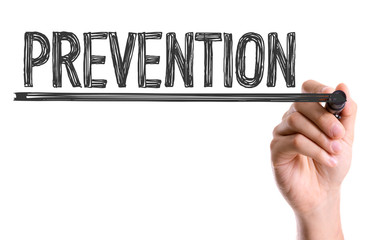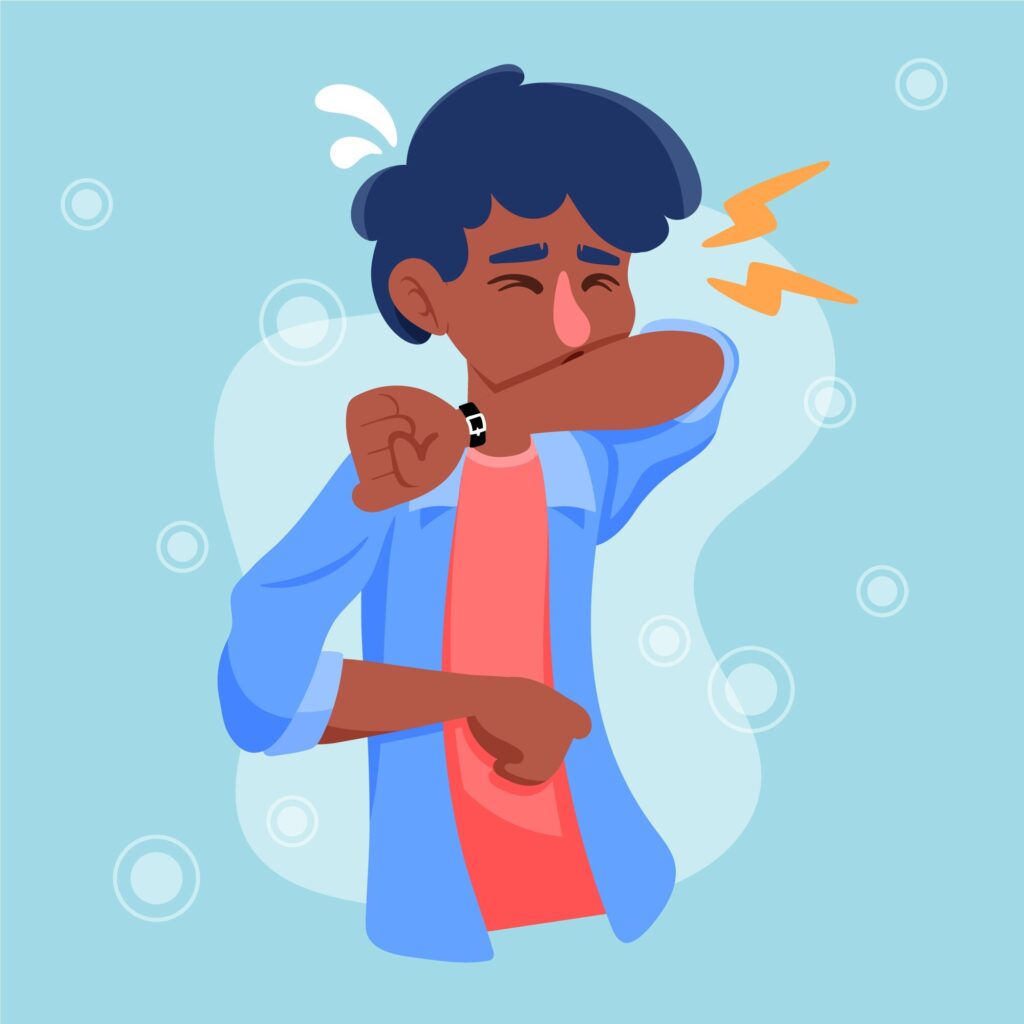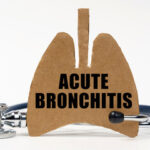Whooping cough, or pertussis, is a highly contagious respiratory disease caused by the bacterium Bordetella pertussis. While vaccines have significantly reduced its spread, this illness remains a concern, particularly for infants. Recognizing the signs early and seeking prompt medical treatment is essential in managing and controlling the disease.
What Is Whooping Cough?
Whooping cough is a bacterial infection that affects the respiratory tract, causing severe coughing fits followed by a distinctive “whooping” sound during inhalation. It is highly contagious and spreads through droplets in the air when an infected person coughs or sneezes. Infants are especially vulnerable to this illness due to their underdeveloped immune systems, making the disease potentially life-threatening for them.
Despite being a preventable disease, whooping cough still poses risks due to the waning immunity from childhood vaccinations. Hence, get your vaccines on scheduled time.
Causes and How It Affects the Body
The bacterium Bordetella pertussis is the root cause of whooping cough. Once inside the body, the bacteria attach to the lining of the airways and release toxins that damage the respiratory tract and cause swelling. This leads to intense coughing fits, which can be difficult to control and exhausting for the patient.
Whooping cough has three stages:
– Catarrhal Stage: This is the initial phase that resembles a common cold with mild coughing, a runny nose, sneezing, and low fever. It can last for about one to two weeks.
– Paroxysmal Stage: The coughing becomes severe and frequent, with fits often ending in a “whoop” sound. This stage lasts about two to eight weeks and can lead to complications like vomiting, difficulty breathing, and even broken ribs from severe coughing.
– Convalescent Stage: The recovery phase, where symptoms begin to subside but can linger for weeks or even months.
Spotting the Symptoms
Whooping cough symptoms often resemble those of a cold or flu in its early stages, making it difficult to diagnose immediately. However, as the illness progresses, the hallmark sign – a severe, uncontrollable cough – sets in. Here are the most common symptoms:
– Runny Nose and Nasal Congestion: Similar to cold symptoms.
– Severe Coughing Fits: These can be chronic or severe and may end in a “whooping” sound, particularly in children.
– Paroxysmal Coughing: Episodes of intense coughing followed by difficulty breathing.
– Fatigue and Fever: The body’s immune response to the infection may cause general fatigue and a low-grade fever.
– Vomiting: Frequent coughing can trigger vomiting, especially in infants.
– Watery Eyes and Sneezing: These often accompany nasal congestion.
In severe cases, infants may experience episodes of apnea, where they temporarily stop breathing due to their inability to clear mucus from their airways. This can be life-threatening, and immediate medical attention is crucial.
Treatment and Management: Steps to Recovery
Treatment for whooping cough varies based on the patient’s age and severity of the symptoms. In many cases, hospitalization is required for infants due to the higher risk of complications.
– Antibiotics: Early diagnosis and treatment with antibiotics can help reduce the severity of symptoms and prevent the spread of the infection. It’s most effective when administered within the first few weeks of symptoms.
– Supportive Care: Over-the-counter cough medicines are generally not recommended for whooping cough, as they have little effect on the severity of the cough. Supportive care focuses on keeping the patient comfortable and hydrated.
– Hospitalization: Infants and those with severe symptoms may require hospitalization for close monitoring. Intravenous fluids may be administered to prevent dehydration, and oxygen therapy may be necessary for breathing difficulties.
At home, caregivers can take several measures to help manage the symptoms:
– Rest and Hydration: Plenty of rest and staying hydrated with water, juice, and soups can help manage the symptoms. In infants, signs of dehydration should be closely monitored.
– Small Meals: Eating smaller, more frequent meals can help reduce the risk of vomiting after coughing fits.
– Clean Air: Avoiding irritants like tobacco smoke and strong fumes can help reduce coughing spells.
Preventing Whooping Cough: Vaccination and Other Precautions

Prevention is the key to reducing the spread of whooping cough. Vaccination is the most effective preventive measure. The DTaP vaccine, which protects against diphtheria, tetanus, and pertussis, is administered in a series of five shots during early childhood, with booster doses (Tdap) recommended for older children, teenagers, and adults.
– Vaccination Schedule: The first three doses of the DTaP vaccine are typically given at ages 2, 4, and 6 months, with subsequent doses at 15-18 months and 4-6 years. Tdap boosters are recommended for preteens (around age 11-12) and adults.
– Protecting Infants: Pregnant women are advised to receive the Tdap vaccine in their third trimester to provide their new born with temporary immunity.
– Hygiene Practices: In addition to vaccination, good hygiene practices such as frequent handwashing, covering coughs, and wearing masks around vulnerable individuals can help prevent the spread of the infection.
FAQs About Whooping Cough
– Can adults get whooping cough?
Yes, adults can contract whooping cough, especially if their immunity has weakened since childhood.
– Is whooping cough dangerous for older children?
While it’s less dangerous for older children than infants, severe coughing can still lead to complications like broken ribs or pneumonia.
– How long does whooping cough last?
The illness can last from a few weeks to several months, with the paroxysmal coughing stage lasting the longest.
– Can antibiotics completely cure whooping cough?
Antibiotics can reduce symptoms if given early, but they primarily prevent the spread of the bacteria.
– Can you get whooping cough more than once?
Yes, immunity from both infection and vaccination wanes over time, making reinfection possible.
Whooping cough remains a serious health concern, especially for young children and infants. Early diagnosis, timely treatment, and preventive measures such as vaccination are essential in controlling its spread and minimizing the risk of severe complications. By staying informed and vigilant, we can protect ourselves and those most vulnerable to this highly contagious illness.


